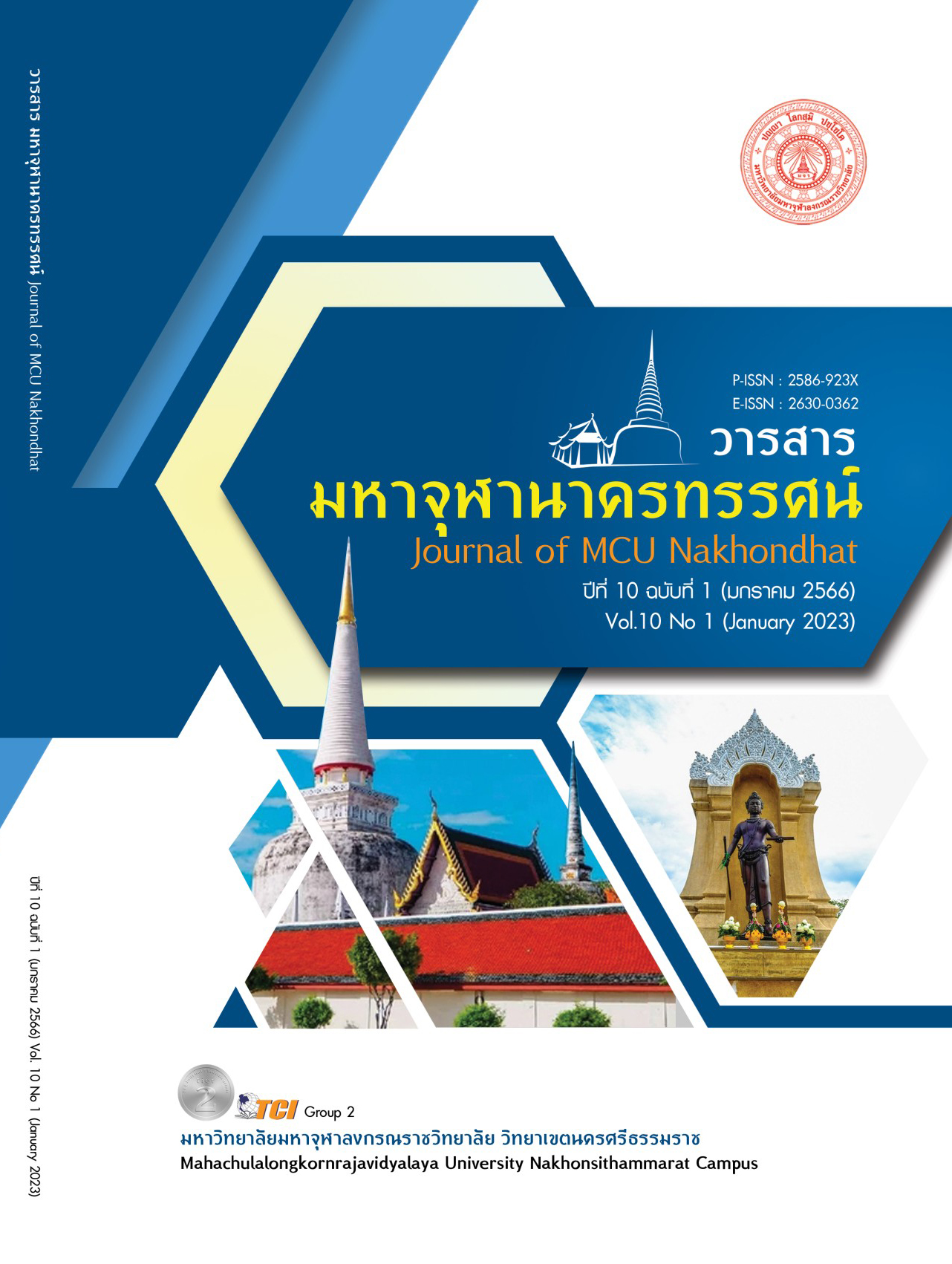TRUTH-FINDING PROCESS IN CORRUPTION AND MALFEASANCE CASES: A STUDY OF THE ROLE OF THE CASE AFFAIRS OFFICERS UNDER THE PROCEDURES FOR CORRUPTION AND MALFEASANCE CASES ACT B.E. 2559
Main Article Content
Abstract
Corruption is a major problem, which affect the country in many ways. The government has thus attached great importance to and put forward urgent policies to actively prevent and fight against corruption, resulting in an increased number of criminal prosecutions against corruption offenders. However, conducting proceedings of corruption cases under the Criminal Procedure Code was problematic and caused delay. For this reason, there had been an idea of establishing a specialized court to deal with corruption and malfeasance crimes committed by government and private officials and developing judicial procedures for corruption and malfeasance cases to make court proceedings faster and more efficient. Hence, the Act on Establishment of the Criminal Court for Corruption and Malfeasance Cases B.E. 2559 (2016) and the Procedures for Corruption and Malfeasance Cases Act B.E. 2559 were enacted, requiring the court to assume an active role in the truth-finding process. A “case affairs officer” has also been appointed to assist the court in the preliminary hearing process and at all time during the pending action. However, allowing the case affairs officer to play a role in the truth-finding process may affect the rights and freedoms of interested witnesses. Another problem is the credibility and weight of the evidence obtained by the case affairs officer because the court itself has the power to find out the truth and the evidence obtained by the court should be credible and has been scrutinized with care.
Article Details

This work is licensed under a Creative Commons Attribution-NonCommercial-NoDerivatives 4.0 International License.
References
คณิต ณ นคร. (2525). ปัญหาการใช้ดุลพินิจของพนักงานอัยการ. วารสารอัยการ, 5(57), 1-13.
คณิต ณ นคร. (2564). กฎหมายวิธีพิจารณาความอาญา. (พิมพ์ครั้งที่ 10). กรุงเทพมหานคร: วิญญูชน.
ชนกกานต์ อ้วนไตร. (2560). หลักการตรวจสอบค้นหาความจริง : ศึกษากรณีการไต่สวนมูลฟ้องอันเป็นเครื่องมือในการประทับฟ้องคดีของรัฐ. ใน วิทยานิพนธ์มหาบัณฑิต สาขานิติศาสตร์. มหาวิทยาลัยธุรกิจบัณฑิต.
ณรงค์ ใจหาญ. (2556). หลักกฎหมายวิธีพิจารณาความอาญา เล่ม 1 (พิมพ์ครั้งที่ 12). กรุงเทพมหานคร: วิญญูชน.
ธานิศ เกศวพิทักษ์. (2561). คำอธิบายพระราชบัญญัติจัดตั้งศาลอาญาคดีทุจริตและประพฤติมิชอบและวิธีพิจารณาคดีทุจริตและประพฤติมิชอบ พ.ศ. 2559. กรุงเทพมหานคร: วิญญูชน.
วินัย เกิดด้วยทอง และคณะ. (2561). คู่มือปฏิบัติงานของเจ้าพนักงานคดีศาลอาญาคดีทุจริตและประพฤติมิชอบ. กรุงเทพมหานคร: วิญญูชน.
สุรศักดิ์ ลิขสิทธิ์วัฒนกุล. (2548). การนำรูปแบบการพิจารณาคดีอาญาของผู้ดำรงตำแหน่งทางการเมืองมาพัฒนารูปแบบการพิจารณาคดีอาญาทั่วไป. กรุงเทพมหานคร: วิญญูชน.
อมรเทพ เมืองแสน. (2549). อิทธิพลของระบบกฎหมายคอมมอนลอว์ที่มีต่อกฎหมายวิธีพิจารณาความอาญาของไทย. ใน วิทยานิพนธ์นิติศาสตรมหาบัณฑิต สาขาวิชานิติศาสตร์. มหาวิทยาลัยธุรกิจบัณฑิตย์.
อรรถพล ใหญ่สว่าง. (2524). ผู้เสียหายในคดีอาญา. ใน วิทยานิพนธ์มหาบัณฑิต สาขานิติศาสตร์. มหาวิทยาลัยธรรมศาสตร์.
อุดม รัฐอมฤต. (2546). การแก้ไขปัญหาการทุจริตในระบบการเมืองและวงราชการไทย. (พิมพ์ครั้งที่ 2). กรุงเทพมหานคร: สำนักการพิมพ์ สำนักงานเลขาธิการสภาผู้แทนราษฎร.


